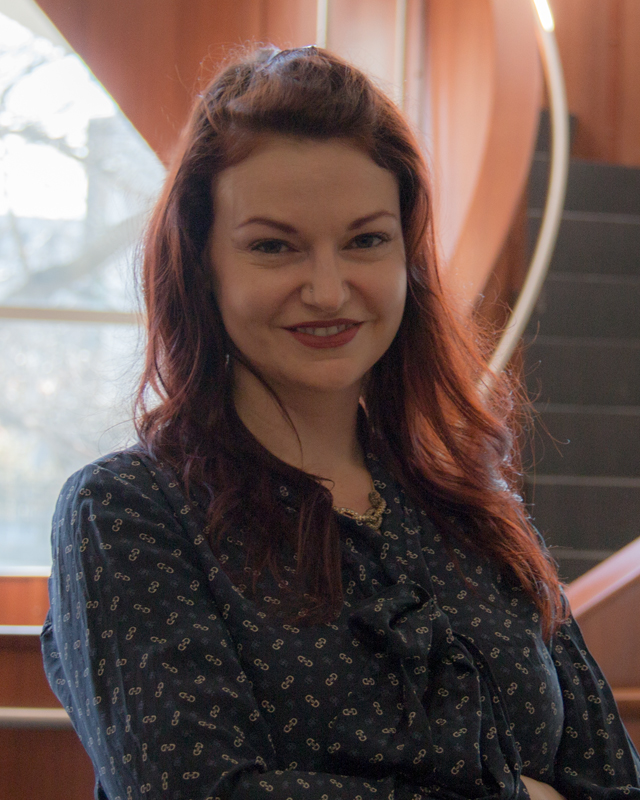Black and Indigenous persons are dramatically overrepresented in Canadian prisons and the Canadian legal system.
 “Addressing bias in the criminal legal system requires a greater understanding of juror and jury decision-making regarding racialized accused,” says Evelyn Maeder, a professor in the Institute of Criminology and Criminal Justice.
“Addressing bias in the criminal legal system requires a greater understanding of juror and jury decision-making regarding racialized accused,” says Evelyn Maeder, a professor in the Institute of Criminology and Criminal Justice.
“Recent events call into question whether racialized people can receive just outcomes through a system rooted in colonialism and racism, which sees marginalized groups disproportionately incarcerated and underrepresented as ‘determiners of justice.’”
Maeder, along with co-investigator Susan Yamamoto, an assistant professor at the University of Regina, received a 5-year $248,595 SSHRC Insight grant for the project, “Examining Race, Culture, and Threat in Jury Decision-Making in Canada.” The project will look at jurors’ receptivity to cultural evidence supporting the self-defence claim of a racialized accused and jurors’ levels of perceived threat as a function of accused race.
“In Canada, jurors are precluded from discussing the trial or deliberations after they have served, so jury simulation research is necessary to investigate how juror decision-making may be influenced by racial bias,” says Maeder.
The project will use simulation to examine juror decision-making and will be the first to experimentally examine the potential interaction of race, culture, and threat in jury decision-making to identify how biases may be operating in the courtroom.
Friday, June 18, 2021 in Institute of Criminology and Criminal Justice, News, Research
Share: Twitter, Facebook



